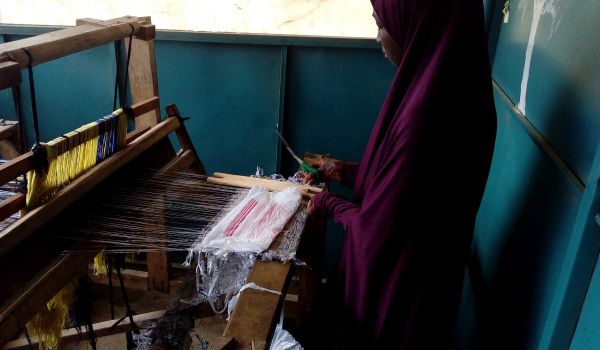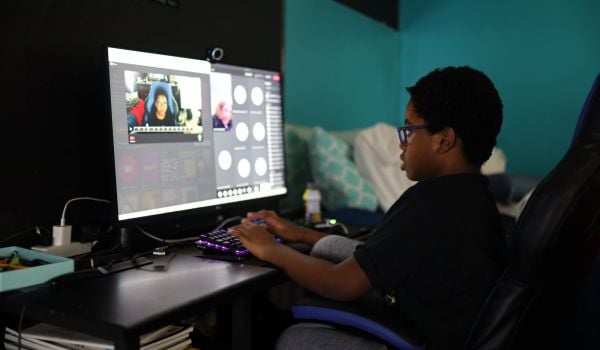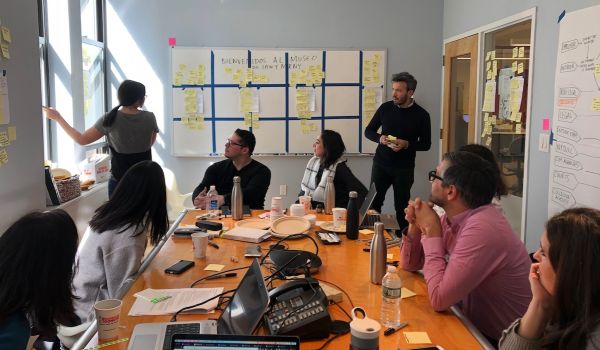To the delight of open government advocates everywhere, an increasing number of cities and towns across the country (and around the globe) are embracing the idea of open data. Yet, data itself is usually just a starting point, and while there are usually a handful of people happy to have access to raw numbers, simply publishing a data catalogue online is not exactly helpful to most citizens. To make open data worthwhile, you need worthwhile applications that use the data in question. Thus, the issue most cities encounter once they’ve decided to unlock their data is what to do about applications.
Anyone interested in open government has probably come across some very cool applications that make use of public data (some fun examples here, here and here). Yet, building applications can be expensive and complicated, and many cities lack the budget and expertise to commission such projects (let alone ensure that they will result in useful tools). So most cities have sought out help from third parties.
Washington D.C. was one of the first cities to start publishing its municipal data online. It was also the first city to decide to launch a public apps contest, which invited outside developers to create new applications using city data (using a small bit of prize money as a carrot). This model has since been successfully copied in other cities, and even been repeated once more in D.C. While apps contests have helped cities get new apps developed, some critics point out that the nature of apps contests might sacrifice substance and functionality for flash and style. Plus, government procurement rules have gotten in the way of bringing these apps in-house, leaving them at the mercy of the original developers in the long term.
The more fundamental issue that this problem brings up is whether cities should be seeking to create new applications to begin with. For example, most cities have 311 systems nowadays, but we certainly don’t need a new 311 application for each city (thankfully this is being tackled by the Open311 folks). A more resource efficient approach might be for cities to standardize approaches to data, and make use of existing applications (or band together to create a geographically agnostic application). For developers working on civic-minded applications, they should also think about ensuring the application could be used in other cities (as Code for America plans to do). As the whole space matures, its likely that we’ll see more standards for municipal and government data, open source civic applications, and private and non-profit organizations that develop and support them (much of this is already being cataloged at OpenMuni.org).
So, to sum up, before you jump on the Gov 2.0 bandwagon, take some time to think about the applications you’d like to have, and whether you need something developed, or if something already exists that can be used or modified. Though it may seem a lot sexier to commission a custom application or launch an apps contest, it maybe not always be smarter.
















